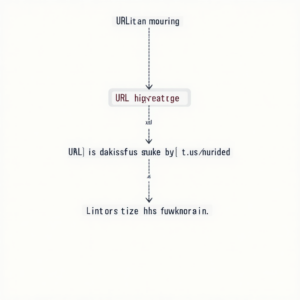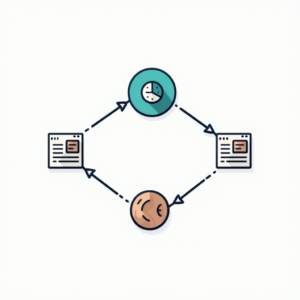
Introduction to URL Routing Optimization
URL routing optimization is a crucial aspect of web development, particularly in frameworks like CodeIgniter. It plays a significant role in enhancing the user experience, search engine optimization (SEO), and the overall performance of a website. In this article, we will explore why URL routing optimization is critical in CodeIgniter and how it can be achieved.CodeIgniter is a popular PHP framework that enables developers to build robust and scalable web applications. One of its key features is the routing system, which allows developers to define custom URLs for their application. However, if not optimized properly, these URLs can become cumbersome and negatively impact the website’s performance.
Why is URL Routing Optimization Important?
URL routing optimization is essential for several reasons. Firstly, it improves the user experience by providing clean and readable URLs that are easy to remember and share. This, in turn, can lead to increased user engagement and conversion rates.Secondly, optimized URLs are better suited for search engines, as they can be easily crawled and indexed. This can result in improved search engine rankings and increased visibility for the website. Additionally, optimized URLs can also enhance the website’s security by reducing the risk of URL-based attacks.Lastly, URL routing optimization can also improve the performance of the website by reducing the server load and improving the page load times. This can be achieved by minimizing the number of database queries and optimizing the routing configuration.

How to Optimize URL Routing in CodeIgniter
To optimize URL routing in CodeIgniter, developers can follow several best practices. Firstly, they should use descriptive and concise URL segments that accurately reflect the content of the page.Secondly, they should avoid using query strings and instead use route parameters to pass data between controllers and views. This can be achieved using CodeIgniter’s built-in routing features, such as route callbacks and route filters.Thirdly, developers should use CodeIgniter’s built-in routing configuration options to optimize the routing settings. For example, they can use the `$route[‘default_controller’]` setting to define the default controller and the `$route[‘404_override’]` setting to define a custom 404 page.
Best Practices for URL Routing Optimization
There are several best practices that developers can follow to optimize URL routing in CodeIgniter. Firstly, they should keep the URL structure consistent throughout the application. This can be achieved by using a consistent naming convention and routing pattern.Secondly, they should use URL rewriting to remove the “index.php” segment from the URL. This can be achieved using Apache’s mod_rewrite module or other URL rewriting tools.Thirdly, developers should use route caching to improve the performance of the routing system. This can be achieved by using CodeIgniter’s built-in route caching features or third-party caching libraries.
Common Pitfalls to Avoid
There are several common pitfalls that developers should avoid when optimizing URL routing in CodeIgniter. Firstly, they should avoid using complex and nested routing configurations, as these can lead to performance issues and routing conflicts.Secondly, they should avoid using hardcoded URLs in the application code, as these can become outdated and difficult to maintain. Instead, they should use CodeIgniter’s built-in URL helper functions to generate URLs dynamically.Lastly, developers should avoid ignoring the security implications of URL routing. They should ensure that the routing configuration is secure and does not expose sensitive data or functionality to unauthorized users.
Conclusion
In conclusion, URL routing optimization is a critical aspect of CodeIgniter development that can significantly impact the user experience, search engine optimization, and overall performance of a website. By following best practices and avoiding common pitfalls, developers can create optimized and efficient URL routing configurations that enhance the overall quality of their application.By optimizing URL routing, developers can improve the readability and maintainability of their code, reduce the risk of errors and conflicts, and enhance the overall user experience. As such, URL routing optimization should be a top priority for any CodeIgniter developer looking to build high-quality and scalable web applications.

